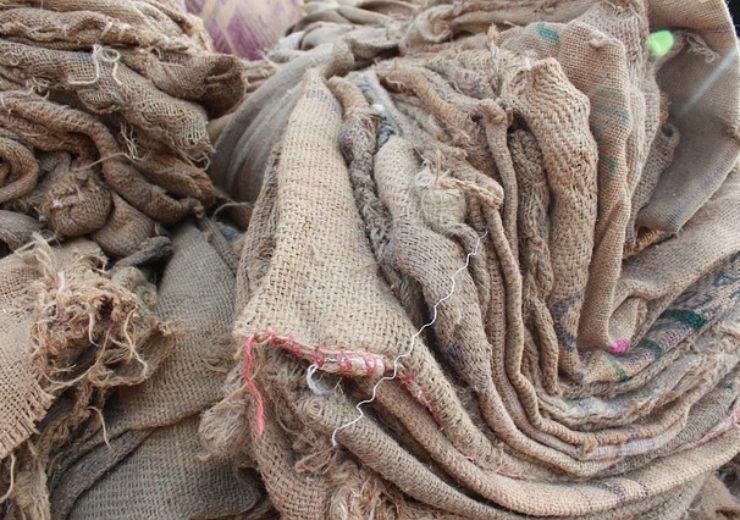The Government of India has pledged to take responsibility to protect jute farmers and workers

India will make available alternate packaging bags for wheat farmers. (Credit: PDPics from Pixabay)
The Government of India’s Ministry of Textiles has extended the limit for use of high-density polyethylene (HDPE)/polypropylene (PP) bags to address the current issues of packaging food grains due to coronavirus lockdown in the country.
The move, which will increase the HDPE/PP bags permissible limit from 180,000 bales to 262,000 bales, will help meet packaging needs as jute mills are closed amid Covid-19 outbreak.
The ministry said in a statement: “The COVID-19 related lockdown has affected the working in the jute mills thereby disrupting the production of jute bags.
“Since jute millers are not in a position to cater to the requirements of the State Procurement Agencies (SPAs) and the Food Corporation of India (FCI) who are engaged in the Public Distribution System (PDS), Government is, therefore, constrained to proactively intervene and engage in trouble shooting by taking alternate measures.”
Ministry to make available alternate packaging bags for wheat farmers
Additionally, the ministry has decided to make available alternate packaging bags to protect the produce of wheat farmers that are expected to be ready for packing in mid-April.
The Rabi Crop in the country is about to be harvested and, as a result, demand for packaging bags will increase.
Under the Jute Packaging Materials Act (JPM), 1987, the government has committed to take responsibility to protect jute farmers and workers by providing about 100% reservation for packaging of food grains in jute bags.
In order to help the farmers, the ministry has also asked the state governments to allow movement, sale and supply of jute seeds, fertilisers and other farming aids.
Last year, Indian Railways has pledged to eliminate single-use plastic materials, as part of its sustainable measures and reduce plastic waste.
